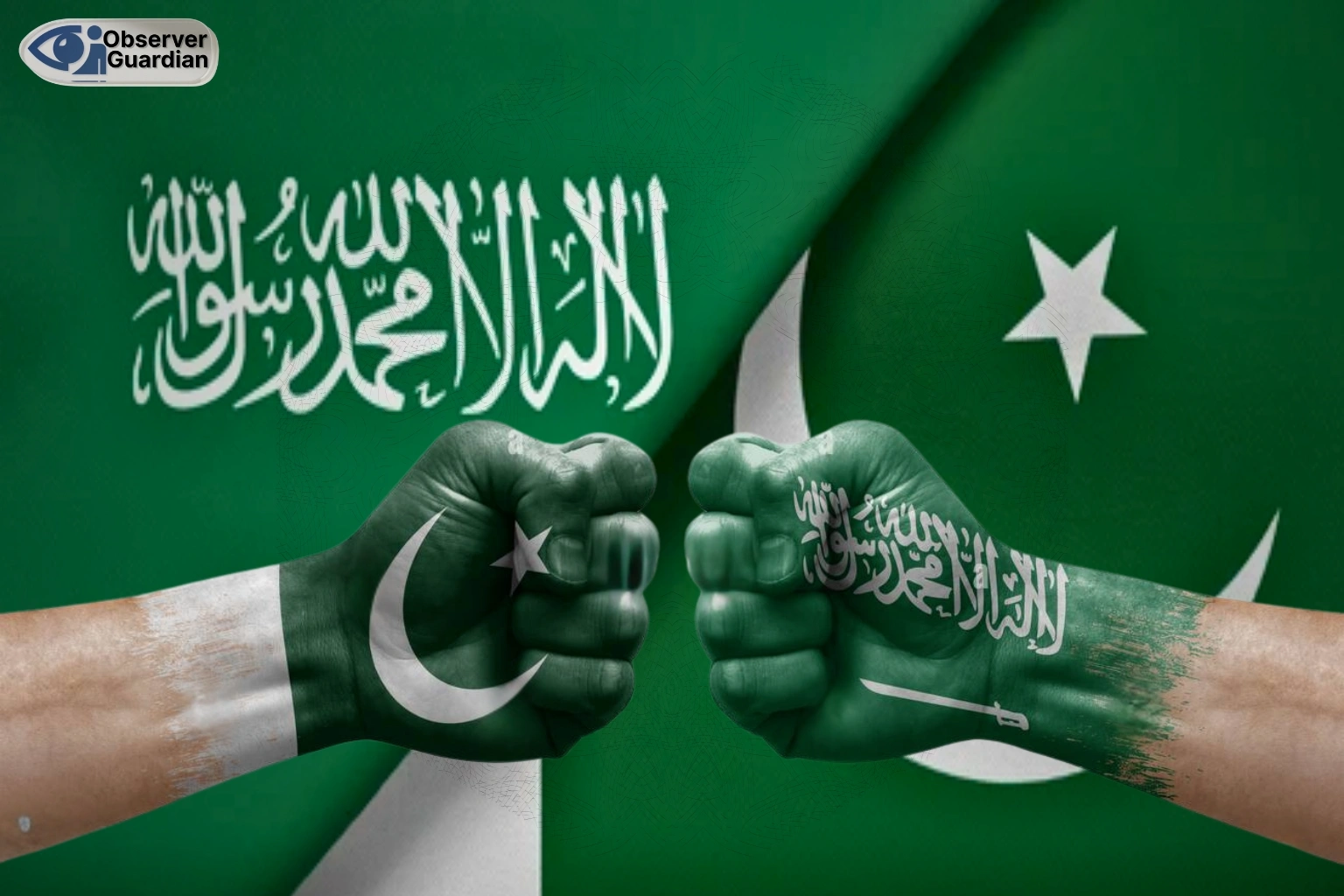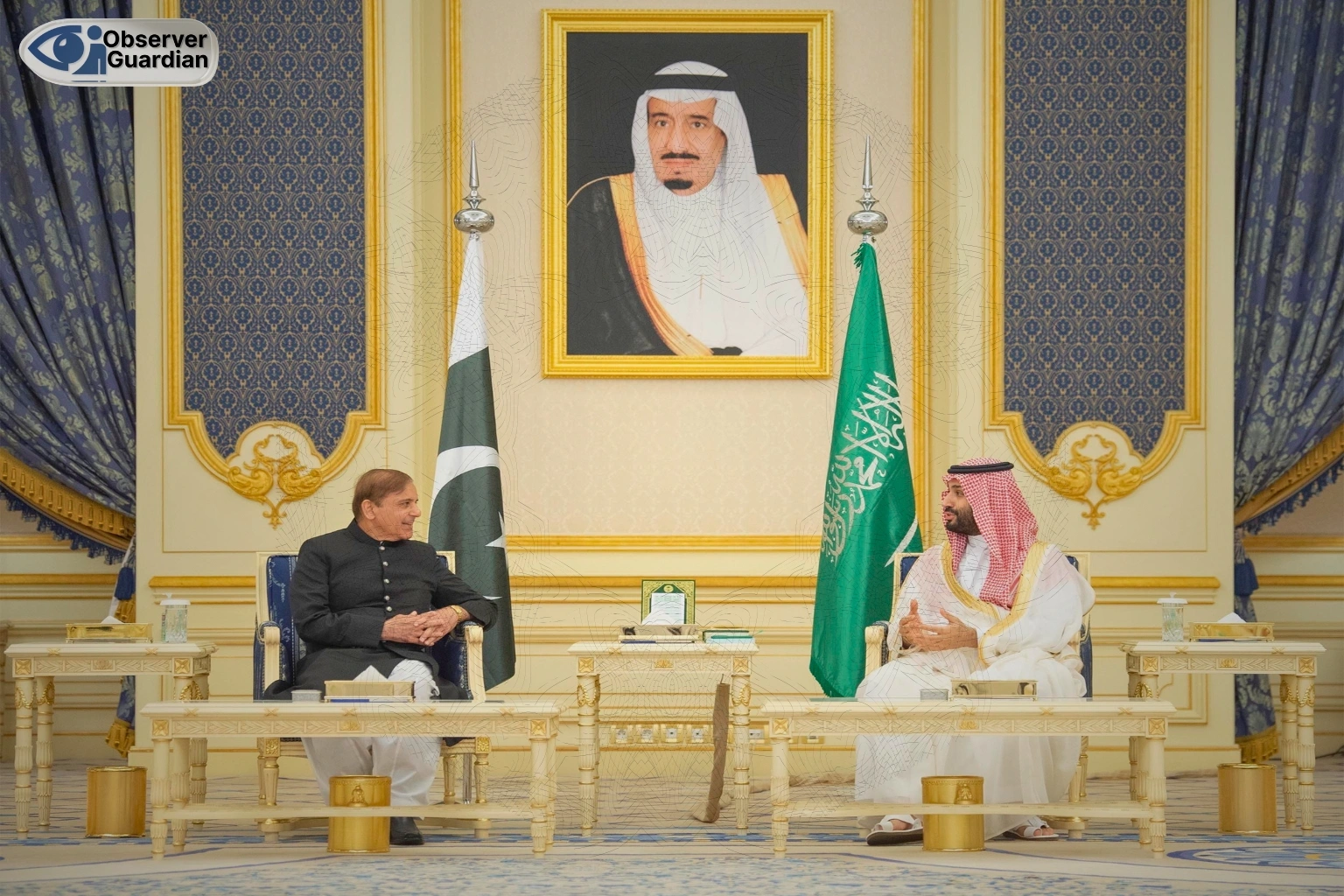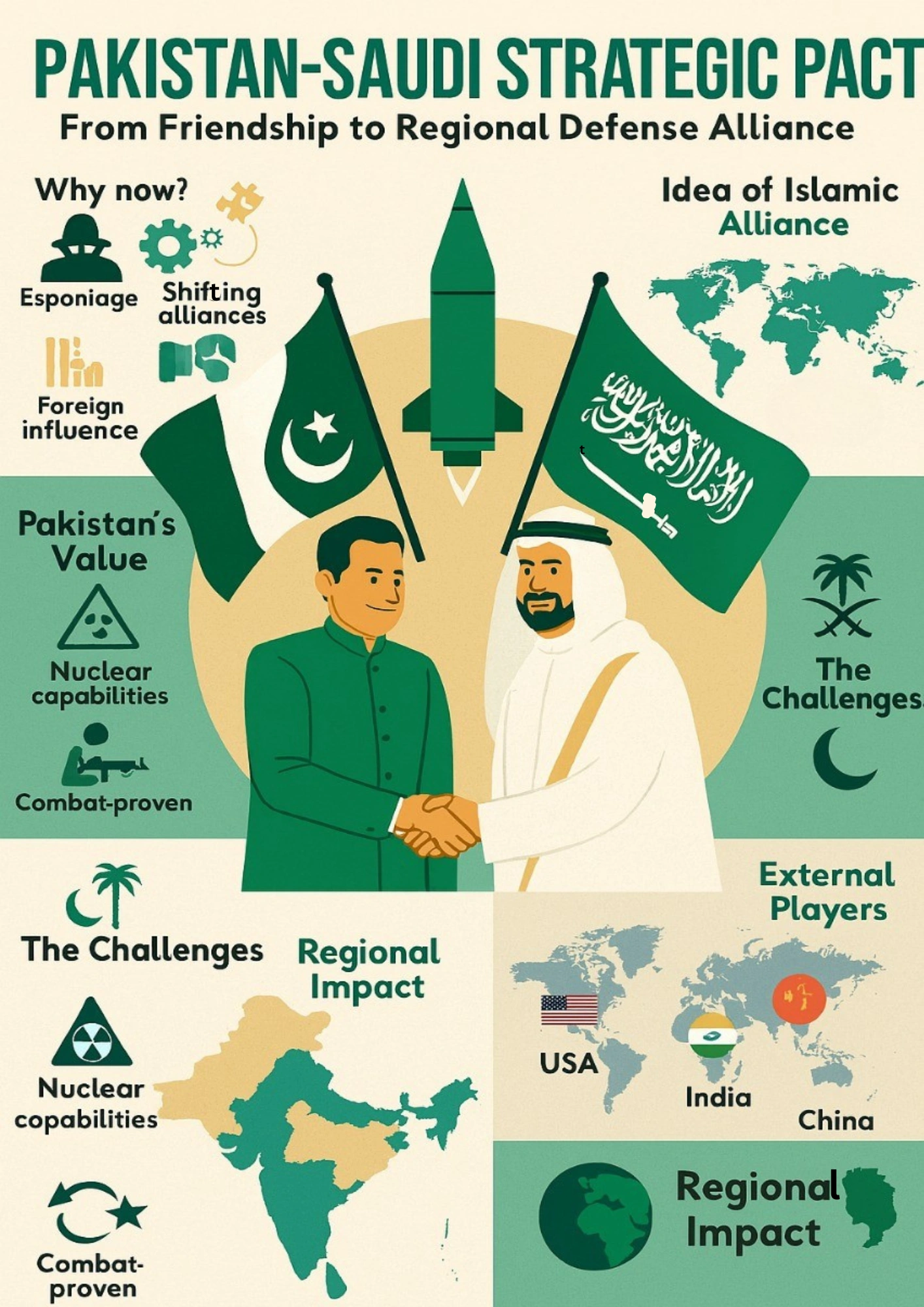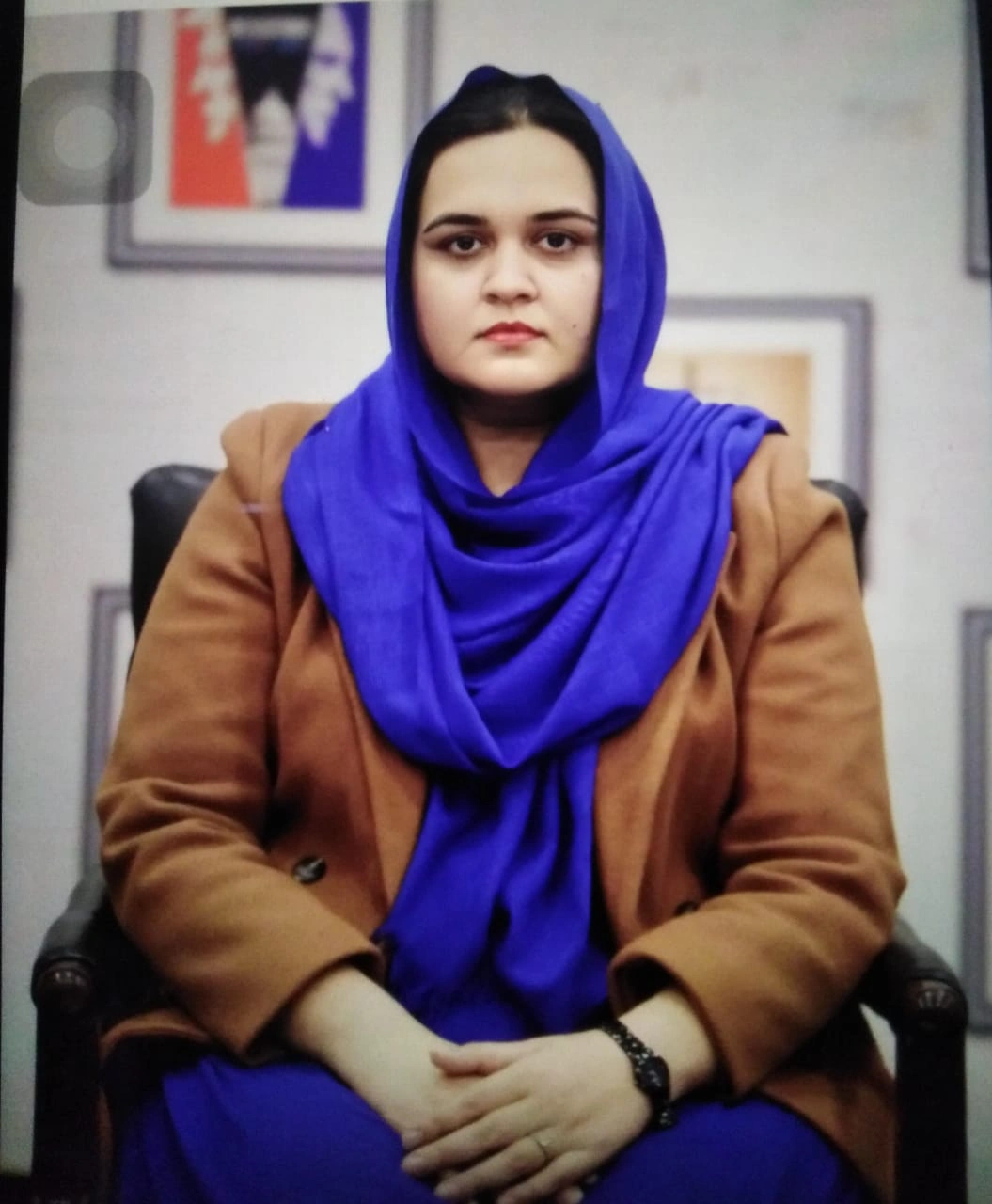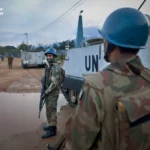For decades, Pakistan and Saudi Arabia have described their relationship in terms of brotherhood and friendship. The ties were built on shared faith, economic help in times of crisis, and a steady flow of military cooperation. But what is happening now feels like a new chapter. The two countries are moving beyond goodwill into something more structured in the shape of a defence pact that carries the weight of mutual responsibility.
This is not just symbolic. It is the kind of agreement that signals that if one faces external pressure or threat, the other steps in. Some analysts, like Dr. Ali Al-Hindi, even suggest that this could be the seed of a much larger idea, a NATO-style Islamic military alliance. Thus, it might sound ambitious, but given how fractured the region is, it is not completely out of the question.
The question is why this is happening now. The timing says a lot. The Middle East and South Asia are both dealing with outside interference, espionage, and shifting alliances.
Besides, Israel is often cited as a growing concern, but so are other forms of foreign influence that chip away at sovereignty. Moreover, Saudi Arabia has been keen to show that it can take charge of its own security rather than depending fully on the United States.
India is also an important factor in this scenario. Over the past few years, both Qatar and Iran have reportedly uncovered Indian spy networks operating in their territories. Those revelations rattled a lot of people, and they have added to the sense that a coordinated defense system is overdue. Furthermore, Pakistan already has decades of experience dealing with India’s covert operations, so its role in helping Saudi Arabia to prepare for similar threats feels natural.
Pakistan’s value and its limits
Pakistan is often described as the “Muslim world’s defender”, mainly because of its nuclear capabilities and a military which is seasoned by wars, counterinsurgencies, and peacekeeping. For Riyadh, having Pakistan as a partner adds credibility and deterrence muscle.
But calling Pakistan a complete stabilizer is a stretch. Its ties across the region are uneven. The relationship is warm with Saudi Arabia and Turkey, manageable with Iran, and openly hostile with India. These complexities limit their ability to smoothly overcome regional tensions. Although, it can only serve as the backbone of a collective defense structure. Besides, if this pact grows into a broader Islamic military coalition, Pakistan’s military expertise and deterrent power will be the foundation.
The Islamic Republic of Pakistan and The Kingdom of Saudi Arabia have signed a Historic Strategic Mutual Defence Agreement (SMDA)
Building on the historic partnership extending for nearly eight decades, based on the bonds of brotherhood and Islamic solidarity, as well as shared… pic.twitter.com/9z8iBwKTkQ
— Government of Pakistan (@GovtofPakistan) September 17, 2025
The idea of an Islamic military alliance
The comparison to NATO might sound grand, but it possesses the ambition. The idea is to create a framework where Islamic countries can share intelligence, train together, and coordinate defense strategies. It would allow them to respond faster to threats without waiting for Western-led interventions.
For Saudi Arabia, this pact strengthens its image as the leader of the Islamic world, both politically and financially. For Pakistan, this means greater strategic depth. Thus, instead of being locked into the South Asian theater with India, Islamabad can project its influence into the Middle East and beyond.
It is worth remembering that efforts to create pan-Islamic military frameworks have been floated before but often stalled due to competing interests. The difference this time might be that external threats feel more immediate, and the desire for sovereignty is stronger than it was a decade ago.
Watching external players closely
One of the clearest messages from this pact is that destabilizing powers, whether through espionage, military presence, or political meddling, are being watched more closely. Moreover, as Qatar and Iran both are exposing Indian intelligence networks, it is clear that New Delhi’s regional activities are not going unnoticed anymore.
At the same time, Pakistan and Saudi Arabia are wary of becoming pawns in bigger power struggles. The US has long been Riyadh’s security partner, but this pact signals a willingness to balance those ties with a more self-reliant framework. Similarly, China which is already close to Pakistan, will likely welcome this shift. This is because it fits neatly with Beijing’s preference for reducing Western dominance in the region. Finally, Russia may also see opportunity in any alternative security structure that sidelines Washington.
What it means for the region
This agreement is not just about two countries. This reshapes the security map for both the Middle East and South Asia. For the Gulf states, it shows a move towards greater self-defense capacity. For Pakistan, it extends its role from being a South Asian power locked in rivalry with India, to that of a regional player that anchors broader Muslim defense initiatives.
The challenges ahead
Obviously, there will be challenges. The reason is that aligning so many countries with different interests under one umbrella is easier said than done. Pakistan and Saudi Arabia themselves have had moments of tensions in the past. But the symbolism of a formal defense pact should not be underestimated. This pact tells the world that the friendship has matured into a binding commitment.
What started as decades of goodwill and aid between Pakistan and Saudi Arabia has now turned into something far more serious: a promise of joint defense. It is not yet a NATO-style coalition, but the building blocks are there. At minimum, it strengthens both countries against external meddling. At best, it could evolve into the first real attempt at a collective military alliance in the Islamic world.
The real test will be how far they take it, and whether other states are ready to join them. But one thing is clear. In an era of espionage scandals, foreign pressure, and shifting loyalties, Islamabad and Riyadh have decided that friendship alone is not enough anymore.
Disclaimer: The views and opinions expressed in this article are exclusively those of the author and do not reflect the official stance, policies, or perspectives of the Platform.

